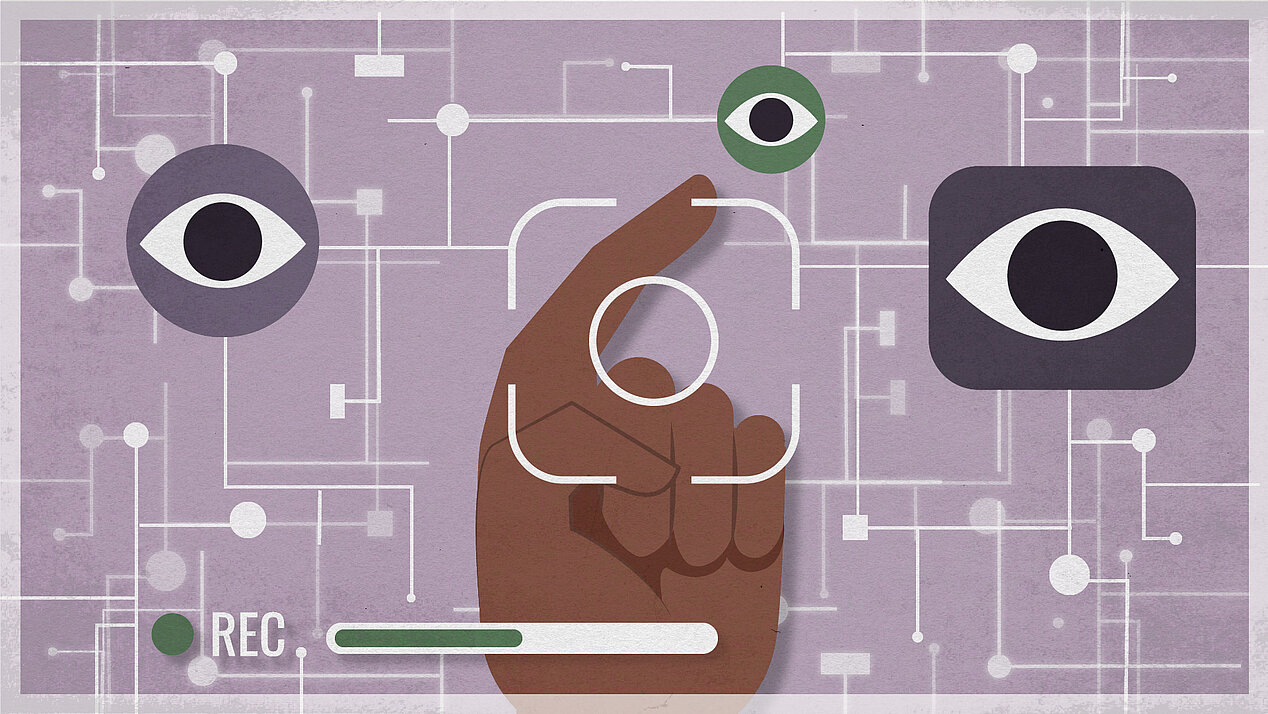This is a tricky topic and deserves a careful explanation. The ‘sharing economy’ offers only the real time benefits of informal economies that were previously only found in the developing world, particularly in slums. Now we’ve imported them into the developed world, and young people love them, because the emotion of sharing is so lovely. But people can’t stay young forever. Sometimes people get sick, or need to care for children, partners, or parents. We can’t ‘sing for our supper’ for every meal.
Because of this reality, the sharing economy has to be understood ultimately as a deceptive ritual of death denial. Biological realism is the core reason formal economies came into being in the first place. If we undermine both union protections, through the sharing economy, and trap governments in long term patterns of austerity and debt crisis, through that same economy, who will take care of the needy?
Sometimes I wonder if younger people in the developed world, facing the inevitable onslaught of aging demographics, are subconsciously using the shift to digital technology as way to avoid being crushed by obligations to an excess of elders. Most parts of the developed world are facing this type of inverted demographic cataclysm in the coming decades. Maybe it’s proper for young people to seek shelter, but if so, the problem is that they too will become old and needy someday, for that is the human condition.
Free language translation services actually depend on scanning the work of millions of real human translators every day. Why not pay those real people?
Within the tiny elite of billionaires who run the cloud computers, there is a loud, confident belief that technology will make them immortal. Google has funded a large organisation to ‘solve death’, for instance. There are many other examples. I know many of the principal figures in the antideath, or post-human movement, which sits at the core of Silicon Valley culture, and I view most of them as living in a dream world divorced from rational science. (There are also some fine scientists who simply accept the funding; funding for science these days often comes from oddly-motivated sources, so I cannot fault them.)
The arithmetic is clear. If immortality technology, or at least dramatic life extension technology, starts to work, it would either have to be restricted to the tiniest elite, or else we would have to stop adding children to the world and enter into an infinitely stale gerontocracy. I point this out only to reinforce that when it comes to digital technology, what seems radical – what at first seems to be creative destruction – is often actually hyper-conservative and infinitely stale and boring once it has a chance to play out.
Another popular formulation would have our brains ‘uploaded’ into virtual reality so that we could live forever in software form. This despite the fact that we don’t know how brains work. We don’t yet know how ideas are represented in neurons. We allocate billions of dollars on simulating brains even though we don’t really know the basic principles as yet. We are treating hopes and beliefs as if they were established science. We are treating computers as religious objects.
The pattern we see today is not the only possible pattern and is not inevitable.
We need to consider whether fantasies of machine grace are worth maintaining. In resisting the fantasies of artificial intelligence, we can see a new formulation of an old idea that has taken many forms in the past: ‘Humanism’. The new humanism is a belief in people, as before, but specifically in the form of a rejection of artificial intelligence. This doesn’t mean rejecting any particular algorithm or robotic mechanism.
Every single purported artificially intelligent algorithm can be equally well understood as a non-autonomous function that people can use as a tool. The rejection is not based on the irrelevant argument usually put forward about what computers can do or not do, but instead on how people are always needed to perceive the computer in order for it to be real. Yes, an algorithm with cloud big data gathered from millions, millions of people, can perform a task. You can see the shallowness of computers on a practical level, because of the dependency on a hidden crowd of anonymous people, or a deeper epistemological one: without people, computers are just space heaters making patterns. One need not specify whether a divine element is present in a person or not, nor precisely whether certain ‘edge cases’ like bonobos should be considered human beings. Nor must one make absolute judgments about the ultimate nature of people or computers.








